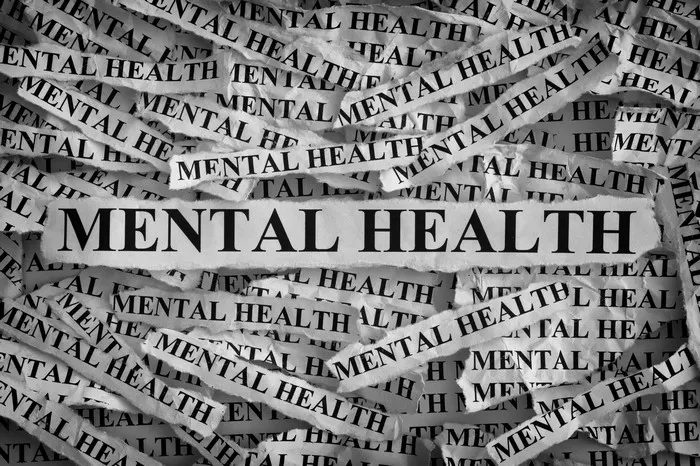The World Health Organization (WHO) has unveiled new guidance aimed at reforming and strengthening mental health systems worldwide. This initiative comes in response to the growing recognition of the significant gaps in mental health care, with many nations struggling to provide adequate services.
In a statement, WHO highlighted the ongoing issue of underfunding in mental health services, which results in poor access to and quality of care. The organization noted that in some regions, up to 90% of individuals with severe mental health conditions receive no treatment at all.
“Many existing services still rely on outdated institutional models that fail to meet international human rights standards,” WHO said. The new guidance seeks to address these shortcomings by offering a clear framework for transforming mental health services in line with the latest evidence and human rights principles, ensuring equitable access to quality care for all.
Dr. Tedros Adhanom Ghebreyesus, WHO Director-General, emphasized that despite rising demand for mental health services, quality care remains inaccessible to a large portion of the global population. He explained that while effective prevention and treatment options are available, most individuals living with mental health conditions lack access to these solutions.
“This new guidance equips governments with the tools needed to protect and promote mental health, creating systems that serve everyone,” Dr. Tedros stated.
The new framework includes concrete actions for bridging the gaps in mental health care, focusing on promoting mental health and ensuring human rights protections. It aligns mental health policies with international human rights standards and advocates for holistic care that integrates psychological, social, and economic support alongside physical health interventions.
Dr. Tedros also stressed the importance of addressing social and economic factors such as employment, housing, and education, which have a direct impact on mental health. He called for the active participation of individuals with lived experiences in the development of mental health policies.
The guidance identifies five critical areas that require immediate reform: leadership and governance, service organization, workforce development, person-centred interventions, and addressing the social and structural determinants of mental health.
“The guidance provides governments and policymakers with a toolkit to strengthen mental health systems and improve care access,” Dr. Tedros explained. “It offers various policy directives and strategies, enabling countries to tailor reforms based on their national contexts and resources.”
Dr. Michelle Funk, WHO’s Unit Head for Policy, Law, and Human Rights in the Department of Mental Health and Substance Abuse, added that the guidance offers practical strategies for countries to develop inclusive, responsive, and resilient mental health systems. She noted that the framework is adaptable for countries of all income levels, taking into account each nation’s specific needs and priorities.
Developed in consultation with global experts, policymakers, and individuals with lived experiences, the guidance builds on WHO’s QualityRights initiative, which promotes a rights-based, recovery-oriented, person-centred approach to mental health. WHO has committed to supporting countries in implementing the guidance through technical assistance and capacity-building initiatives.
This new WHO guidance represents a significant step toward improving global mental health systems and ensuring that mental health services are accessible, effective, and aligned with international human rights standards.
Related Topics

































